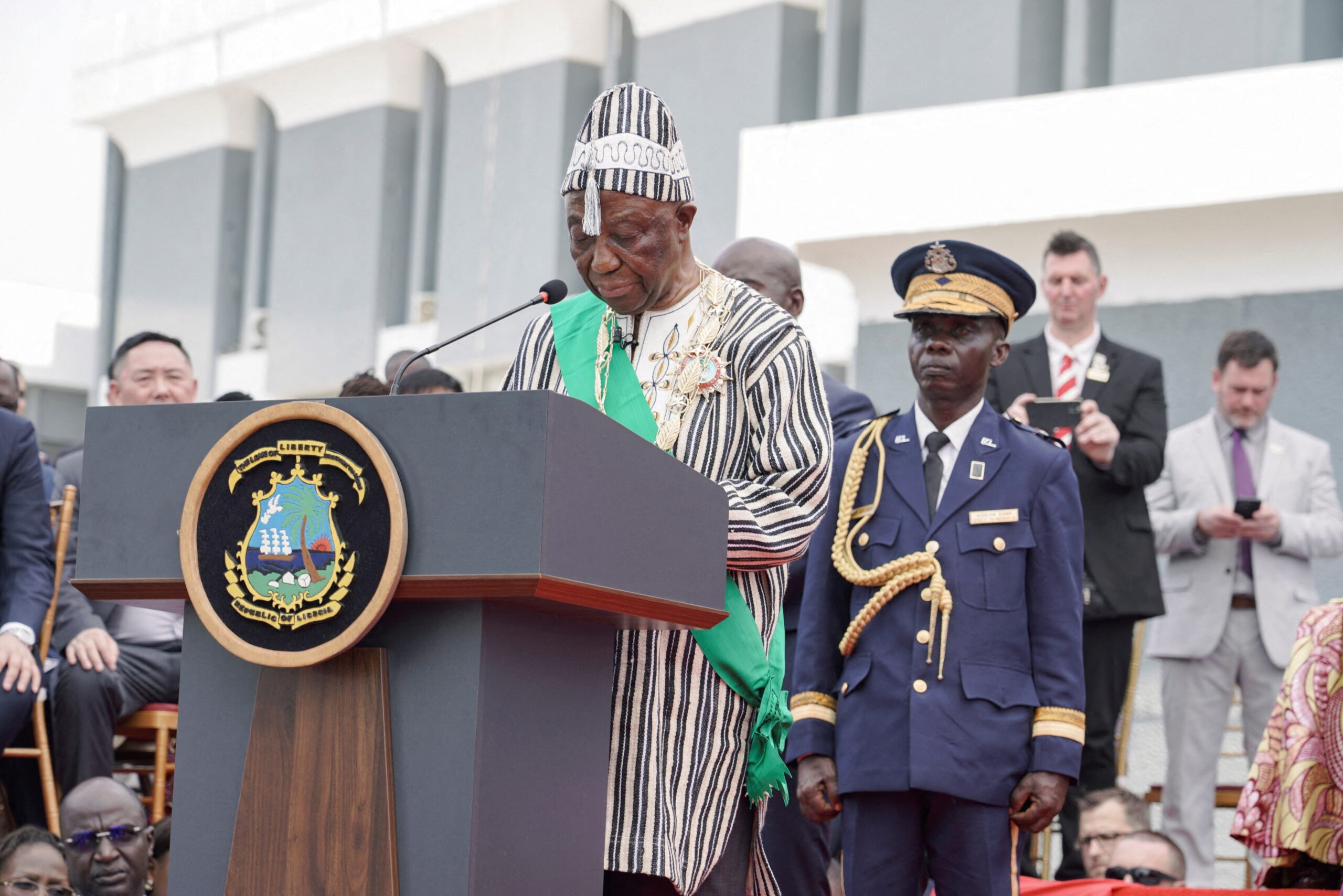
Nobel Peace Prize laureate Leymah Gbowee has called on Liberia’s Legislature to transform the Office of the War and Economic Crimes Court into a statutory body, a move aimed at safeguarding the institution’s independence and ensuring accountability for serious crimes.
Speaking on Wednesday during a lecture marking the 22nd anniversary of the Accra Peace Accord, Gbowee emphasized the importance of institutional stability.
“One of the things we’ve seen in our country consistently is that when one president goes, every other thing goes,” she told an audience that included numerous students.
“We do not want this to happen to this space. My presence here today is to show that I support this work with every fiber of my being.
We need to begin to lobby lawmakers who understand there’s a need to pass this into law — to make it something solid that Liberian people can look at and say, ‘It is an institution.’”
The Office of the War and Economic Crimes Court was established in May 2024 through an executive order by President Joseph Boakai and had its mandate renewed in April 2025. However, without legislative action, the Office’s authority is set to expire in April 2026, leaving it vulnerable to shifts in political will.
Gbowee also urged the government to reconsider budget priorities, suggesting that funds currently allocated for foreign travel could be redirected to support the Office and other national initiatives.
Her proposal has sparked debate among Liberian civil society and activists. While some endorse the move as a crucial step for justice and accountability, others question whether making the Office statutory will be sufficient to guarantee its effectiveness and independence.
Observers note that Liberia has long struggled with the fragility of its institutions, and the Office of the War and Economic Crimes Court represents a key effort to address impunity for war-related and economic crimes.
By advocating for a legal framework to protect the Office, Gbowee seeks to ensure that accountability mechanisms outlast individual administrations and contribute to Liberia’s ongoing pursuit of peace, justice, and national reconciliation.
The call now rests with lawmakers to decide whether the Office will gain the permanence Gbowee envisions or remain subject to executive discretion, leaving its future uncertain.



